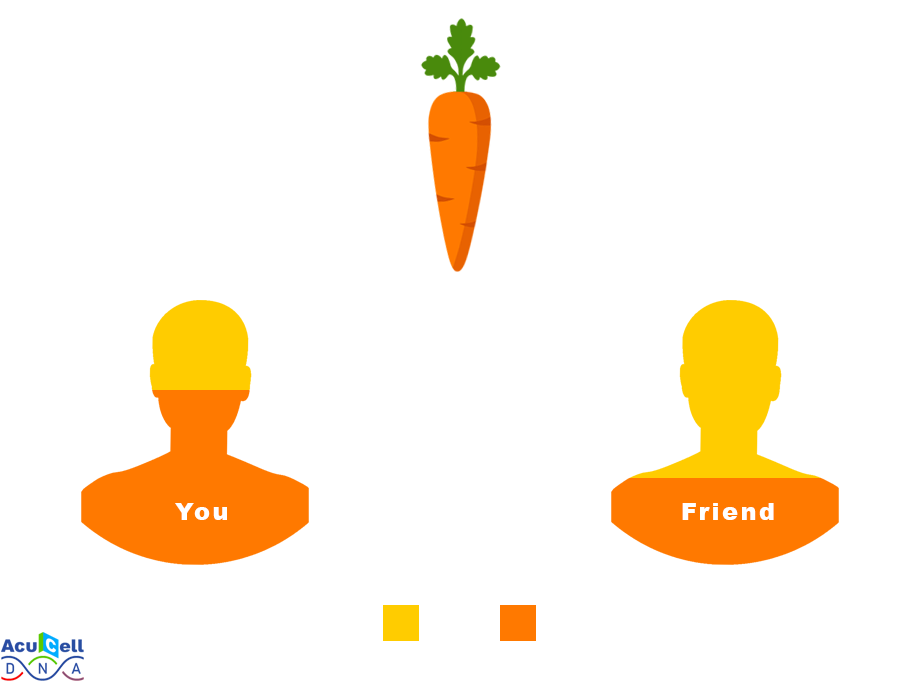| Our body converts some of the carotenoids we ingest into vitamin A. | Some people convert a greater amount of carotenoids into vitamin A. |
|
|
|

|
 |

|

| d | d |

|
©2020-2026 - All rights reserved. | Privacy & Disclaimer | Contact |


 SIGN UP
SIGN UP
| |
OR | |

